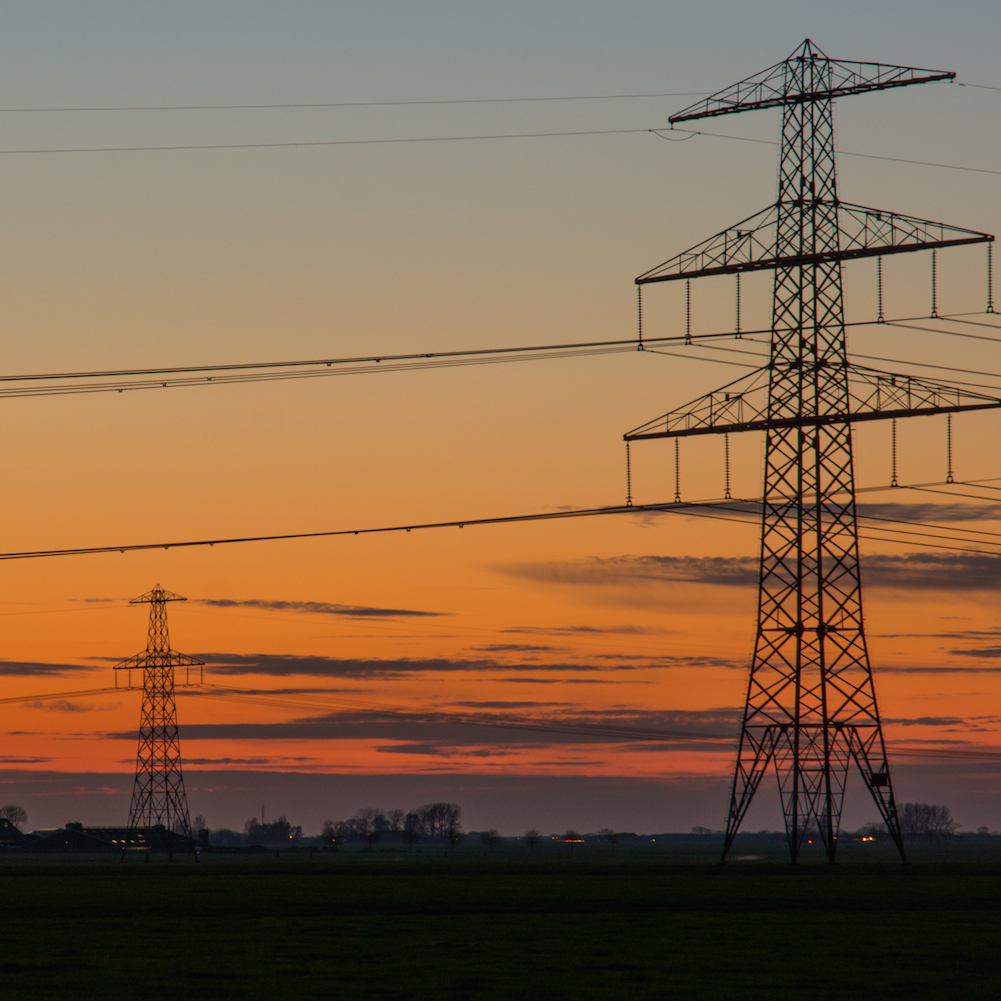
Editor's note: This story was written and submitted by Brad Buecker (Chemistry, '77), a process specialist with Kiewit Engineering and Design Company in Lenexa, Kansas.
When most people come home from work and flip on the light switch, or the controls to the air conditioner, they little realize the importance of chemistry with regard to the production of the electrons that power their homes, and in making sure that the lights come on without fail. Without chemistry, the reliable electricity we know would not exist.
Within a few years after obtaining my chemistry degree from ISU in 1977, I hired on as an analytical chemist with City Water, Light & Power in my hometown of Springfield, Illinois. Although my career has led me on several unexpected paths, with a number of ups and downs, the power industry has remained immensely fascinating. While many people look to wind and solar power as the electrical production technologies of the future, our country’s reliable electric grid remains supported by central power plants. Although coal is rapidly being replaced by natural gas as the fuel of choice for large plants, a standard technology for many of them is still electrical production from turbines powered by high-purity steam. At the pressures and temperatures inside utility boilers, and of the steam that drives turbines, even minor traces of contamination can cause serious or sometimes catastrophic corrosion of equipment. So, one job of the plant chemist or chemical engineer is to operate and/or oversee the treatment system that removes impurities from raw water and produces the high-purity water needed for steam generation. Technologies include clarification, filtration, reverse osmosis, and ion exchange. These are all processes that require careful monitoring and control.
"Without chemistry, the reliable electricity we know would not exist"
One of the core principles of the second law of thermodynamics is that in any process which uses heat to produce work, not all of the heat can be converted to work. Some must be rejected. Power plants and other industrial facilities (including the emerging biofuels and biochemical industries of which ISU is a world leader in research) generate large quantities of waste heat that must be removed from the process. The most common method to do so is with systems that have cooling towers as their core. Even with fresh water as the makeup to a cooling tower the chemistry can be complex, where chemists must pay careful attention to issues that can influence scale formation, microbiological fouling, and corrosion. Now, with fresh water supplies becoming scarce, many plants have to accept less-than-pristine supplies for makeup. Increasingly common is the use of treated municipal wastewater for this purpose. Such streams may contain impurities not previously observed at the plant. The staff must constantly be on guard to prevent problems from these supplies.
"Iowa State is well equipped to provide the education for students interested in joining this industry, or in hiring on with the engineering design firms that specify and build new plants."
Certainly not least on the list of chemistry issues are those related to environmental protection. Most power plants now employ technologies to reduce the amount of sulfur and nitrogen oxides, particulates, and heavy metals that are emitted to the atmosphere. And, of course, carbon dioxide emissions are of growing concern. Also, wastewater discharge regulations are becoming increasingly stringent, with tightening limits on the discharge of heavy metals, ammonia, phosphorus, and other compounds. In some cases, zero liquid discharge (ZLD) may be required, in which essentially all of the water in the waste stream is recovered and recycled to the plant. ZLD can be exceedingly complex, and any such system requires thorough planning.
These items hopefully illustrate the huge role that chemistry and chemical engineering play with regard to power generation, improving energy efficiency, and protecting the environment. Iowa State is well equipped to provide the education for students interested in joining this industry, or in hiring on with the engineering design firms that specify and build new plants. However, I would also like to note one special connection between ISU and the power industry, among others. When Clifford and Kathryn Hach founded the Hach Company in Ames in 1947, I imagine that they did not then foresee how successful the company would become. Hach manufactures instrumentation to monitor impurities in water, and I can speak from direct experience in saying that the quality of Hach instruments is outstanding, and that many of the company’s products are immensely popular in the power industry. I have not yet had the opportunity to visit Hach Hall on campus, but eagerly anticipate doing so in the near future. The wonderful donations of the Hach family to ISU have ensured that past, present, and future students will be able to tackle the energy and environmental challenges that face our country and the world.
About Brad Buecker
Brad Buecker is a process specialist with Kiewit Engineering and Design Company in Lenexa, Kansas. He has over 34 years of experience in or affiliated with the power industry, much of it in chemistry, water treatment, air quality control, and results engineering positions with City Water, Light & Power in Springfield, Illinois, and Kansas City Power & Light Company’s La Cygne, Kansas station. He has a B.S. in chemistry from Iowa State University with additional course work in fluid mechanics, materials and energy balances, and advanced inorganic chemistry. He has written many articles and three books on steam generation topics and air pollution control. He is a member of the ACS, AIChE, ASME, CTI, and NACE. Buecker is also a member of the ASME Research Committee on Power Plant & Environmental Chemistry and the program planning committee for the Electric Utility Chemistry Workshop. For the last 21 years he has resided in the land of the Jayhawks - Lawrence, Kansas - so the ISU-KU rivalry has taken on added intensity in the Buecker household, particularly because his daughter attended KU and his wife is a die-hard KU fan.